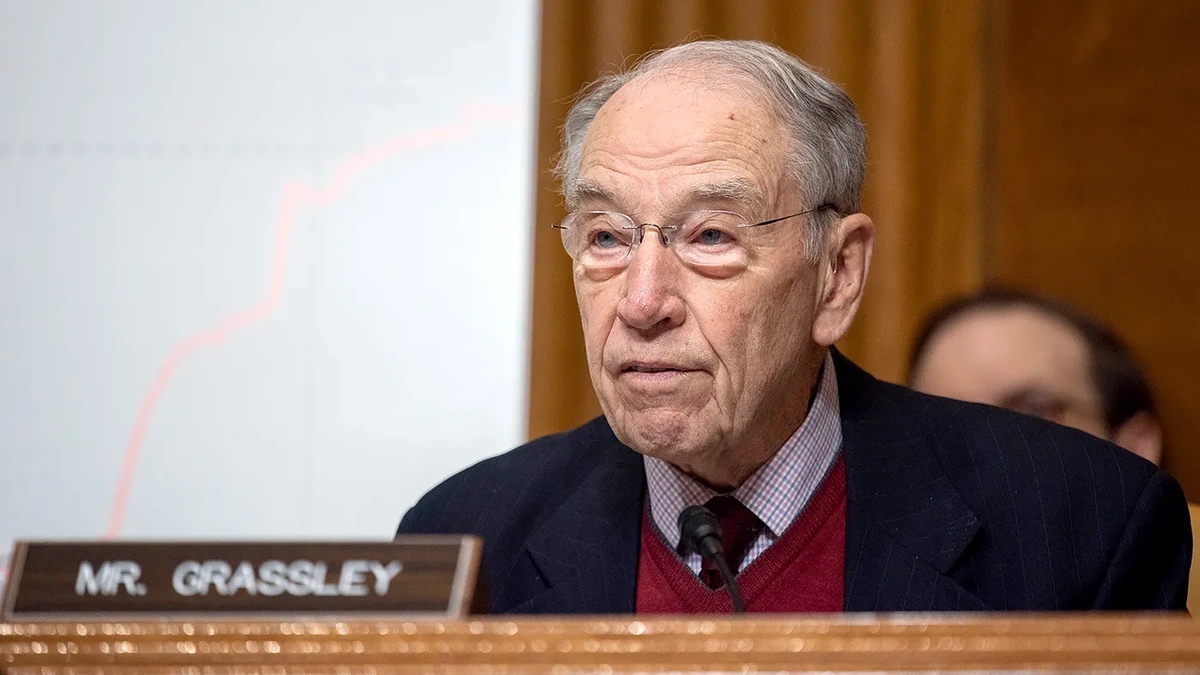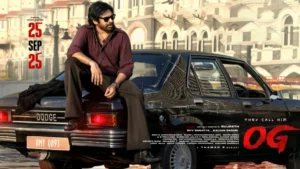The Maanikya Star Who Vanished | What Really Happened to Ranya Rao?
Let’s play a little game of memory. Cast your mind back to 2014. The Kannada film industry, Sandalwood, was buzzing with the release of a massive film. It had a titan of an actor, Kichcha Sudeep, at its helm, and it was a remake of a Telugu superhit. The movie was, of course, Maanikya . It was big, it was loud, and it was a certified blockbuster.
And right in the middle of it all was a fresh, new face. A girl with expressive eyes and a screen presence that felt both confident and endearing. Her name was Ranya Rao . Overnight, she went from a debutante to the ” Maanikya girl,” the actress who had struck gold on her very first try. The industry and the audience were smitten. The question wasn’t if she would become a superstar, but when .
And then… silence. Well, not complete silence, but a slow fade from the blinding spotlight she once occupied. The flood of offers everyone expected seemed to turn into a trickle, and then, for many Kannada movie fans, she simply… disappeared.
So, what really happened? This isn’t just a simple story of a forgotten actress. It’s a fascinating, and very human, look into the brutal mechanics of the film industry, the immense pressure of a blockbuster debut, and how a career path can take a turn no one sees coming. Let’s grab a coffee and unpack the curious case of Ranya Rao.
The Dream Debut | A Blessing or a Curse?

Here’s the thing about starting at the top: the only way to go is down. Or, at the very least, it’s incredibly difficult to stay there. For Ranya Rao , her debut wasn’t just a film; it was an event. Maanikya wasn’t some small, indie project. It was a high-stakes, big-budget vehicle starring one of Karnataka’s most beloved actors. To be cast opposite Sudeep in your very first film is the kind of break aspiring actors dream of.
And she delivered. She held her own, looked the part, and her chemistry with Sudeep was praised. The film’s monstrous success should have been a launchpad to the stars. In a way, it was. But it also created an almost impossibly high benchmark.
I’ve followed Sandalwood for years, and a pattern I’ve noticed is what I call the “Blockbuster Debut Paradox.” When an actress is introduced in such a massive project, the industry and audience immediately associate her with that scale. The next logical step, in everyone’s mind, is another film of the same magnitude. But those projects are rare. They don’t get made every other month. And when they do, the competition for the lead role is ferocious.
So, a debutante is left with a difficult choice:
- Wait for another mega-project that may never come, risking being forgotten.
- Take on smaller films and risk being perceived as “stepping down.”
It’s a strategic nightmare. For the kannada actress Ranya Rao , the shadow of Maanikya was long and cast a very specific, high-budget light that was difficult to replicate.
The Kollywood Gamble | A Tale of ‘Wagah’

Instead of immediately jumping into another Kannada film, Ranya’s next big move was a calculated risk: a debut in the Tamil film industry, Kollywood. The film was Wagah (2016), and she was cast opposite Vikram Prabhu, the grandson of the legendary Sivaji Ganesan. On paper, it looked like a brilliant move. Expand your market, work in another major industry, and build a pan-South Indian career.
But the film industry is notoriously unpredictable. The complexities of life and business can often feel as intricate as a case before the Calcutta High Court .
Wagah , despite its patriotic theme and decent buzz, didn’t set the box office on fire. It received mixed to negative reviews, and the gamble didn’t quite pay off. This is a critical point in her career trajectory. A sophomore slump is tough for any actor, but when it happens in a different industry, it can halt momentum on two fronts. The home industry (Sandalwood) might wonder why you left, and the new industry (Kollywood) might not be quick to offer a second chance after a lukewarm reception.
Let’s be honest, this happens all the time. For every Asin or Rashmika Mandanna who successfully navigates multiple industries, there are dozens of talented actors whose cross-industry ventures don’t click. It’s not a reflection of talent, but a testament to the sheer luck and precise timing required to make it work. The failure of Wagah to launch her in Tamil cinema seems to have been a major turning point, slowing the momentum she had built with Maanikya .
Beyond the Films | The Brutal Reality of ‘Shelf Life’ and Choice

So, what else was at play? We can speculate, based on how the industry functions. The film world, for all its glamour, is a tough business. Especially for actresses, the concept of “shelf life” is a cruel and persistent reality. New faces are launched every single Friday. The pressure to stay relevant, to be seen at the right parties, to network with the right people, is immense. It’s a full-time job outside of acting.
Ranya Rao wasn’t from a “film family.” She was an outsider who got a spectacular break. This is both inspiring and incredibly challenging. Without a pre-existing network, navigating the industry’s complex politics and power structures requires immense resilience and guidance. One or two wrong script choices can, unfortunately, put you at the back of the line.
But here’s a thought we often forget when we talk about celebrities: personal choice. What if, after the whirlwind of Maanikya and the experience of Wagah , she decided this life wasn’t for her? Perhaps the constant scrutiny, the pressure, and the uncertainty weren’t worth the glitz. It’s entirely possible that she chose to pivot, to pursue other interests, or to focus on her personal life away from the public eye. Her career didn’t just “stop”; it’s more likely that it evolved into something she preferred. The story of an influential figure like Veerendra Heggade shows that impact can be made in many different spheres of life, not just the most visible ones.
Looking at the ranya rao instagram account, you see glimpses of a life that seems happy and fulfilled. It’s filled with travel, brand collaborations, and personal moments. She didn’t vanish; she just changed her platform. Her story isn’t a tragedy of a failed career; it’s a story of a person who had a brush with immense fame and then seemingly chose a different path. And there’s nothing wrong with that.
Frequently Asked Questions (FAQs)
Who is Ranya Rao?
Ranya Rao is an Indian model and actress, primarily known for her work in Kannada cinema. She shot to fame with her debut film, the 2014 blockbuster Maanikya , where she starred opposite superstar Kichcha Sudeep.
What was Ranya Rao’s debut movie?
Her debut movie was the Kannada film Maanikya , released in 2014. It was one of the highest-grossing Kannada films of its time and gave her instant recognition.
Why isn’t Ranya Rao in more movies?
While there’s no single official reason, her career trajectory suggests a combination of factors. The immense pressure following a blockbuster debut, a less successful follow-up film in another industry ( Wagah in Tamil), and the intense competition in cinema likely played a role. It’s also possible she made a personal choice to step back from the limelight.
What are Ranya Rao’s most notable movies?
Her filmography is short but significant. Her most notable ranya rao movies are her debut blockbuster Maanikya (2014) in Kannada and her Tamil debut Wagah (2016) with Vikram Prabhu. You can find more details on a resource likeWikipedia.
Is Ranya Rao on social media?
Yes, she is active on social media platforms like Instagram. Her profile shows her engaging in modeling, brand endorsements, and sharing parts of her personal life, indicating a shift away from a full-time acting career.
The story of Ranya Rao is a powerful reminder that in the world of glamour, what we see on screen is just one chapter. Her journey from the heights of Maanikya to a quieter, more private life isn’t a story of failure. It’s a story of choice, of industry dynamics, and of redefining what “success” looks like. She may not be on the big screen every year, but she crafted a narrative on her own terms. And in an industry that often tries to write the script for you, that’s perhaps the biggest success of all.













